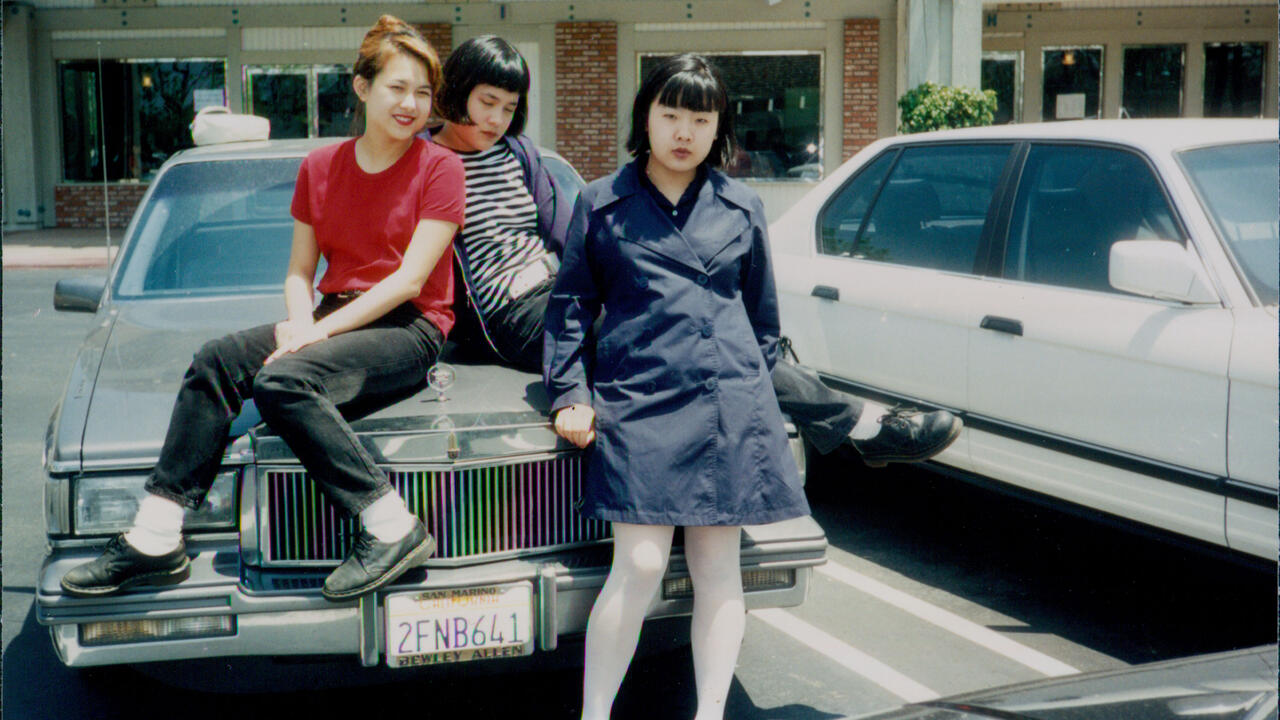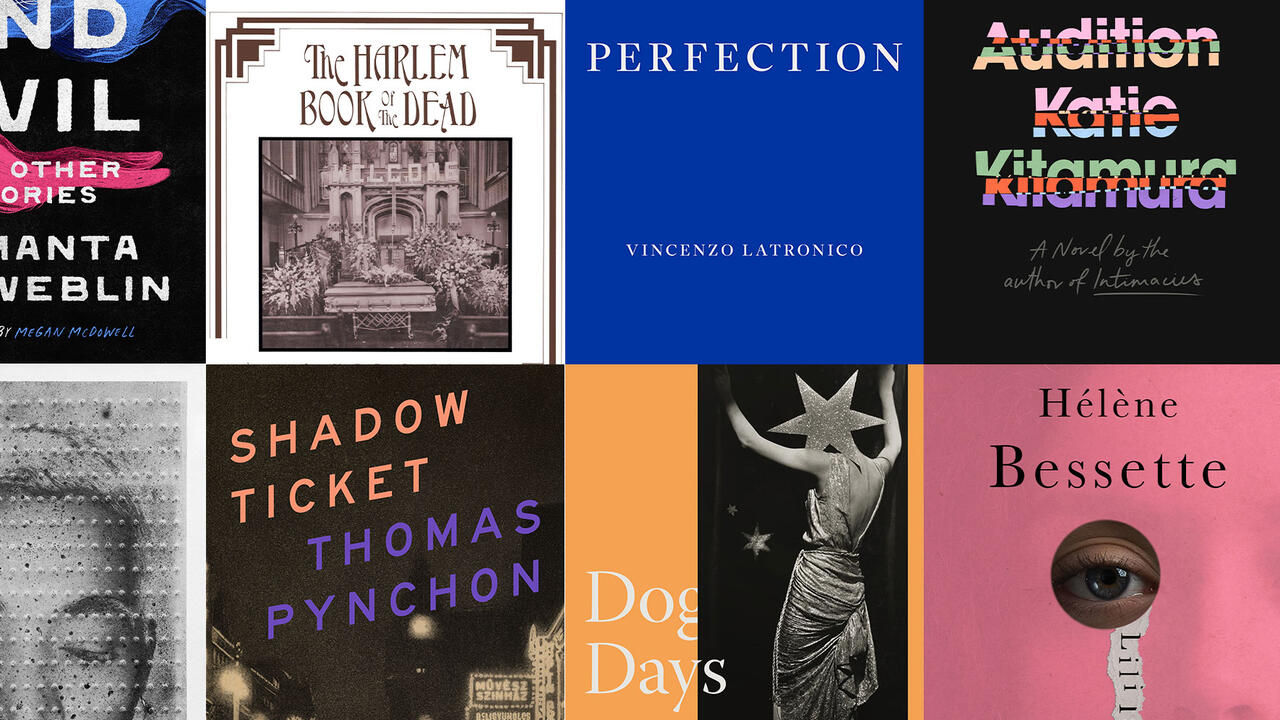Why Does All Summer Music Sound the Same?
Although a country-rap track was crowned 2019’s ‘song of the summer’, music released during this season usually consists of recycled pop sounds
Although a country-rap track was crowned 2019’s ‘song of the summer’, music released during this season usually consists of recycled pop sounds

Every year at the tail end of the season, we crown a song of the summer. This year, there were a few contenders: Taylor Swift’s You Need to Calm Down and Senorita by Shawn Mendes and Camilla Cabello. But Billboard’s 2019 Songs of the Summer chart, which tallies up the streams, radio plays and sales of charted songs from 8 June to 7 September of each year, gave the title to Lil Nas X’s Old Town Road Remix (2019) featuring Billy Ray Cyrus. The original version of country-trap song initially went viral with a TikTok challenge, before receiving more mainstream attention when it was kicked off the country music charts for not incorporating enough elements of traditional country music. The remix, with its potent mix of singalong-ability and meme potential combined with social media support for an endearing underdog, proved to be a winner and Old Town Road Remix remained number one for a record-breaking 19 weeks. While Old Town Road Remix was in an uncharted genre of its own, a look back at the summer smashes of the last half-century, from the surftastic pop of the Beach Boys to viral tracks such as Drake’s In My Feelings (2018), reveals something calculated about the alchemy of songs released during this time of year. With summer now considered to be the most lucrative period for new music releases, are these tracks genuine attempts to create memorable, nostalgia-inducing music or just recycled songs repackaged and sold to us as new?

Our search for a defining song of the season is over a century old. A 5 June 1910 edition of the New York Tribune asked: ‘What will it be this season? Will it be humorous? Will it be sentimental? Will it be unmitigated trash?’ The idea that there is one song that could encapsulate summer might seem like a product of our voracious digital media cycle that demands the dissection of every cultural phenomenon, but it is also driven by the same desire that makes artists and labels vie so fiercely for the Christmas Number One. Seasons affect our buying trends and tastes and the music industry capitalizes on such behaviour. Sonically speaking, the biggest summer hits of the past decade have shared some ‘catchy’ similarities, utilizing the syncopated ‘boom-ch-boom-chick’dembow rhythm and tailor-made to trigger involuntary musical imagery: the spontaneous recall and repetition of a tune in the listener’s mind. Ed Sheeran’s Shape of You (2017), Drake’s One Dance (2016) and Daddy Yankee’s Gasolina (2004) all use the dembow rhythm whose modern roots lie in late ’80s and early ’90s Jamaican dancehall and were popularised through reggaetón. But the ubiquity of the dembow loop in recent years speaks to the homogenization of modern pop music. The I, V, VI, and IV chord progression, for example, is a structure which numerous pop songs are based upon. These blueprints allow record labels to think formulaically about what kinds of sounds they produce. This extends to song writing too, with Swedish producer Max Martin responsible for writing many of the summer smashes of late including Katy Perry’s California Girls (2010) and Swift’s Bad Blood (2014).

But not every summer hit is a cookie cutter up-tempo pop tune. In 1967, during the Summer of Love, countercultural songs snuck their way into the mainstream with psychedelic tracks such as White Rabbit (1967) by Jefferson Airplane and Jimi Hendrix’s Purple Haze (1967), as well as Vietnam war protest songs like Country Joe & The Fish’s darkly humorous Fixin’ To Die Rag (1967), both expressing and providing reprieve from the mass discontent. In more modern times, Lana Del Rey’s Summertime Sadness—courtesy of a remix by Cedric Gervais —became an unexpected summer success in 2013 and the more downtempo original re-entered the US iTunes charts this July. Summertime Sadness counters the kind of summer song successes we are accustomed to whose sole purpose is often to make us dance. The song’s helpfully alliterative title gave a name to the feelings of listlessness, wistfulness and sadness that many experience during summer.

Musicians and record labels race to generate summer-time music because they know how much we like to give a soundtrack our lives. It’s why we have gym playlists and road trip mixtapes. Songs are backgrounds to memories, allowing old songs to rechart and remain in constant circulation. There is no doubt that there are songs that we personally feel encapsulate a time we want to remember. While the summer song may be an attempt to attach a sound to a collective memory of a particular moment, perhaps the homogenous releases of recent years show that this benefits those who sell music more than the listener.
Main image: Lil Nas X, Old Town Road Remix, 2019, video still. Courtesy: Youtube


















